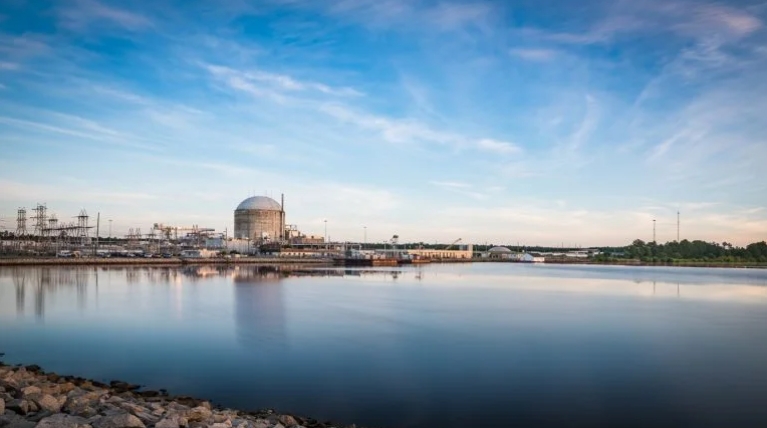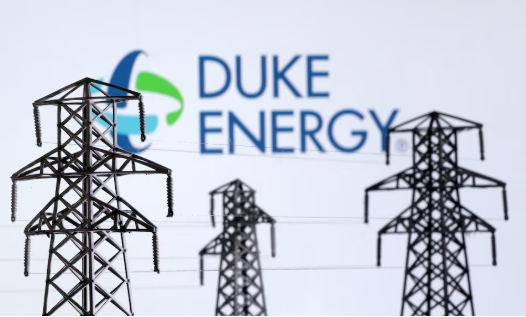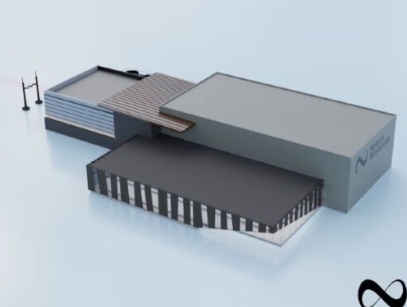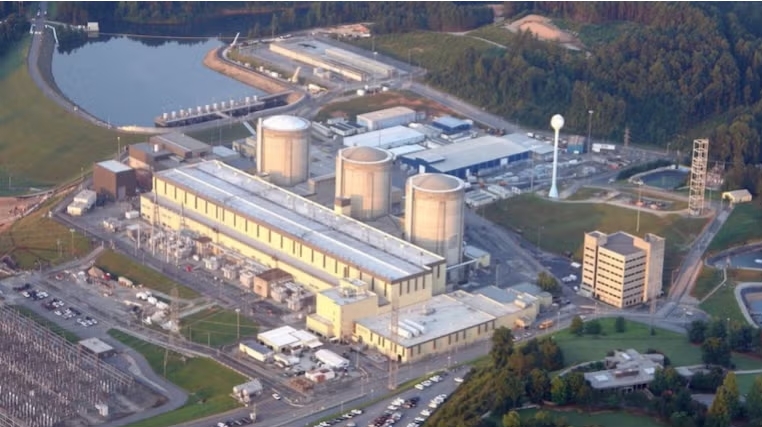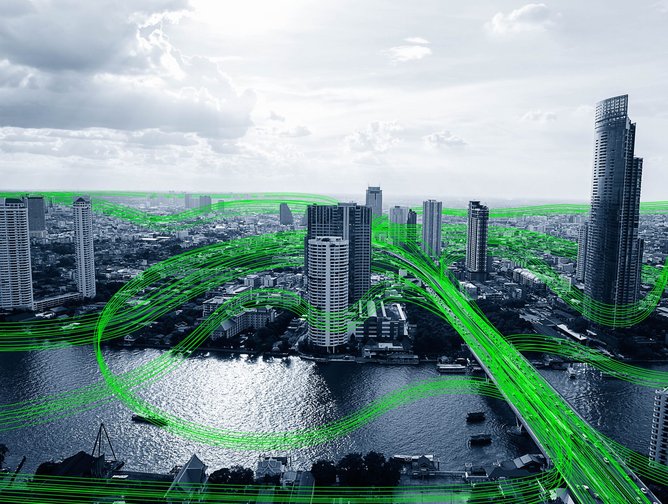
Google has driven the development of its own infrastructure to utilise renewable energy and support its products and services. Since 2017, the organisation has used 100% renewable energy and continues to do so, making it a leader in its field in terms of business size.
Data-centre operators have a massive obligation when it comes to reducing emissions and operating more sustainably, which often goes amiss among consumers and businesses calculating their sustainability credentials. However, Google is working on this. A recent announcement from the tech giant highlights its achievements in sustainability and commitment towards 24/7 carbon-free energy throughout its operations, which it aims to achieve by 2030.
“To achieve this, we will continue to enter into renewable energy power purchase agreements, particularly in regions where we have less of it today,” says Texier. “But we will also broaden the scope of energy sources to include technologies or services that can enable 24/7 carbon-free energy. And we will continue our market engagement and policy work to help open new markets for carbon-free renewable energy and empower consumers to choose their electricity supply.”
Decarbonisation of Google’s data centre operations
Maud Texier, Head of Energy Development, Google Data Centres, acknowledged the need to be better equipped to meet its goal. “When we set out to achieve 24/7 carbon-free energy across our global operations by 2030, we knew that we would need better tools to track energy consumption and production,” says Texier.
Google has been working to provide better tools for tracking energy consumption and production within the business to measure and actions its energy usage. Last year the company announced the development of an advanced energy tracking tool capable of providing more granular energy details.
Through extensive partner engagement, the company has increased the adoption of Time-based Energy Attribute Certificates (T-EACS) among its partners to track energy on an hour-by-hour basis to assess usage and meet the demand for full-time carbon-free energy.
“T-EACs will not only help Google achieve our 24/7 carbon-free goal but will also generate valuable new insights about the availability of carbon-free energy on electricity grids during every hour of every day. This information will help energy consumers better understand their energy use while empowering governments and system operators to develop more rapid and cost-effective strategies for decarbonisation,” Texier explains.
In partnership with M-RETS, an organisation that validates energy attributes for energy-related insights, Google has been working to expand its hourly transaction capabilities to alleviate the need for hourly certificates, by creating new products and services to track energy attributes.
Texier says: “We are excited to see what the future holds for hourly certificates and hopeful that these instruments will accelerate the adoption of 24/7 carbon-free energy and the decarbonisation of electricity grids worldwide. In the meantime, we’ll continue to work with our partners to scale hourly certificates across our own portfolio, to ensure we meet our goal of running our global operations on 24/7 carbon-free energy by 2030.”


